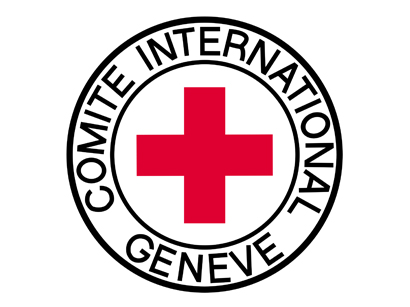Baku, Azerbaijan, April 10
Trend:
The International Committee of the Red Cross (ICRC) has today facilitated the handover, between the sides, of the bodies of those killed in action following the recent escalation of the Nagorno-Karabakh conflict, ICRC told Trend April 10.
In two previous operations supported by the ICRC, on 8 and 9 April, bodies were retrieved by the sides of the conflict from the battlefield along the Line of Contact. These operations took place following an agreement between the sides and in coordination with the co-chairs of the Minsk Group and the personal representative of the Organization for Security and Co-Operation in Europe (OSCE) chairman-in-office.
"Our priority is to help the families of those missing in action who still do not know the fate of their loved ones," said Patrick Vial, Regional Director for Europe and Central Asia. "It was also important for the sides to have the bodies returned and so provide answers for the families."
The ICRC has been present in the region since 1992 in relation to the Nagorno-Karabakh conflict. As the conflict escalated on 2 April, the ICRC offered its services to respond to the humanitarian needs and to act as a neutral intermediary between the sides.
On the night of April 2, 2016, all the frontier positions of Azerbaijan were subjected to heavy fire from the Armenian side, which used large-caliber weapons, mortars and grenade launchers. The armed clashes resulted in deaths and injuries among the Azerbaijani population. Azerbaijan responded with a counter-attack, which led to liberation of several strategic heights and settlements.
Military operations were stopped on the line of contact between Azerbaijani and Armenian armies on Apr. 5 at 12:00 (UTC/GMT + 4 hours) with the consent of the sides, Azerbaijan's Defense Ministry earlier said. Ignoring the agreement, the Armenian side again started violating the ceasefire.
The conflict between the two South Caucasus countries began in 1988 when Armenia made territorial claims against Azerbaijan. As a result of the ensuing war, in 1992 Armenian armed forces occupied 20 percent of Azerbaijan, including the Nagorno-Karabakh region and seven surrounding districts. The 1994 ceasefire agreement was followed by peace negotiations. Armenia has not yet implemented four UN Security Council resolutions on withdrawal of its armed forces from the Nagorno-Karabakh and the surrounding districts.






